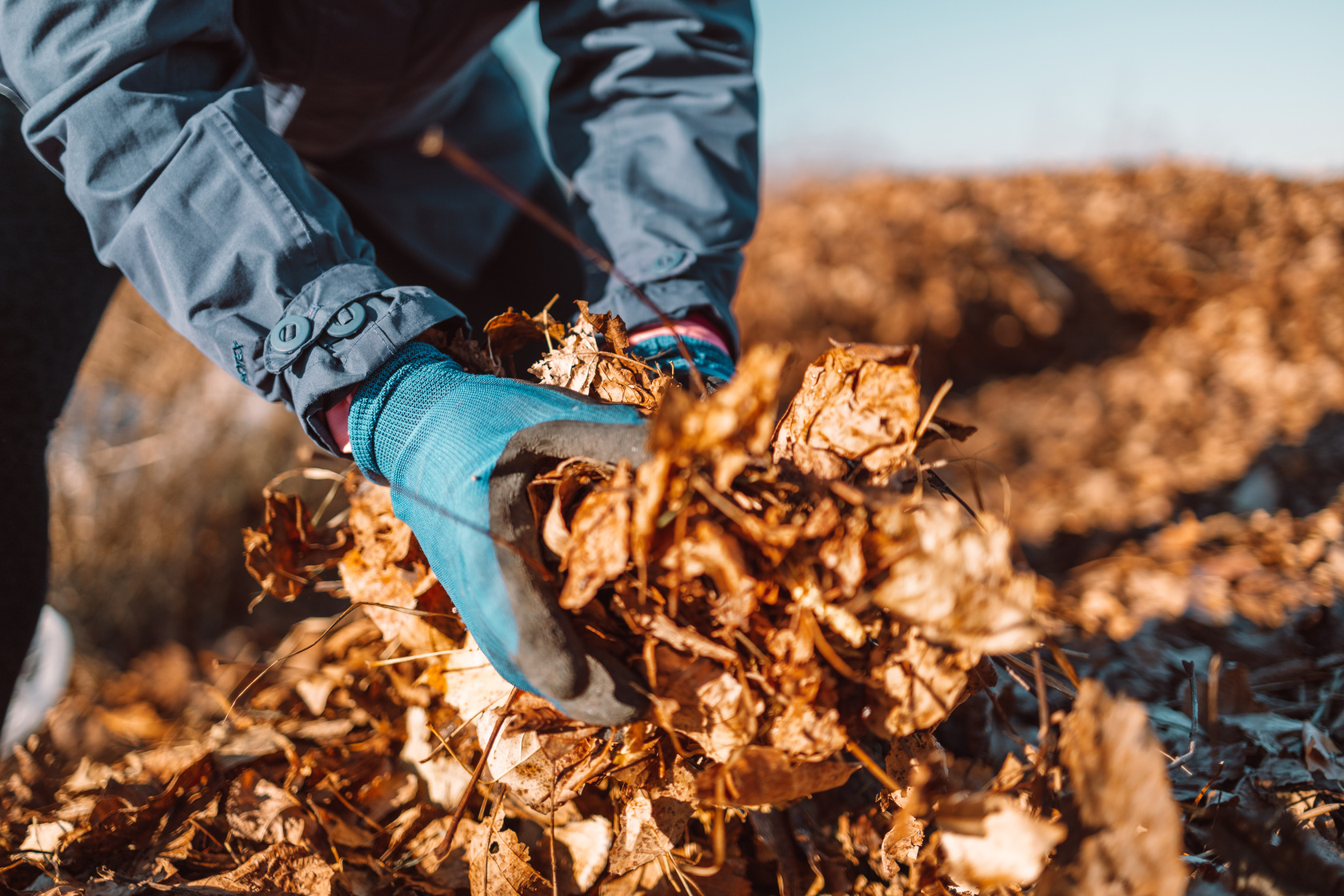

Farm Composting of Leaves and Yard Trimmings
By Nicole L. Voigt, Esq., Attorney at Law
Leaves and Yard Trimmings as Compost
Agriculturally assessed, commercial farms may import leaves and yard trimmings for the purpose of onsite composting to supplement soil.
The Right to Farm Act expressly provides that a commercial farm may engage in agricultural management practices as determined by the State Agriculture Development Committee (SADC) notwithstanding the provisions of any municipal or county ordinance, resolution, or regulation to the contrary and provided the practice as implemented on the farm does not pose a direct threat to public health and safety. The SADC has determined that composting, including leaf mulching, is a generally accepted agricultural management practice on land deemed actively devoted to agricultural or horticultural use. Standards adopted by the SADC apply.
Compliance with NJDEP Requirements for Exempt Composting Required
If leaves or yard trimmings are imported to the farm for the purpose of composting, the leaves are considered a form of solid waste that is being recycled through the composting process. Recycling of solid wastes is regulated by the New Jersey Department of Environmental Protection (NJDEP). However, the NJDEP’s recycling rules conditionally exempt leaf and yard trimming composting on farms. Though exempt, a farm engaging in the practice must file an exemption form and comply with the conditions of the exemption.
Composting Best Management Practices
Natural resource conservation and agricultural management practices often intersect. Such is the case with the onsite composting of leaves and yard-trimmings. Importing any materials to any land should be handled with discretion and in a manner that is protective of public health, safety, and the environment. As is typical of land use, a site- and operational-specific review is necessary to confirm eligibility for exemptions and Right to Farm protection.
However, when properly handled in accordance with administrative requirements, eligible commercial farmers can enjoy a relatively simple process of qualifying for the NJDEP exemption while being better positioned for Right to Farm protections, if needed.
THE INFORMATION CONTAINED HEREIN IS GENERAL INFORMATION, IS NOT LEGAL ADVICE, AND DOES NOT CREATE AN ATTORNEY-CLIENT RELATIONSHIP. YOUR SPECIFIC FACTS AND CIRCUMSTANCES MUST BE CAREFULLY REVIEWED WITH A RETAINED ATTORNEY PRIOR TO REACHING LEGAL CONCLUSIONS.
You may contact Nicole at (908)801-5434 or info@nlvlegal.com. For more information, visit www.voigtlawoffice.com.




